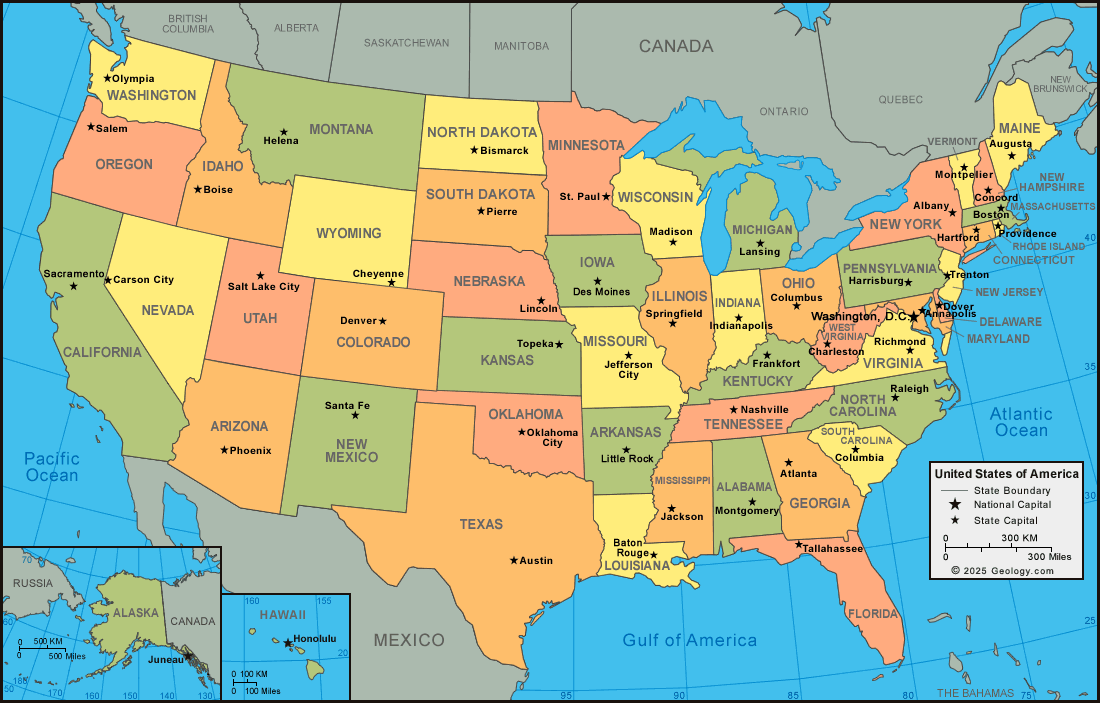Understanding Post-Baccalaureate Education: An In-Depth Guide to Pathways After Your Bachelor’s Degree
What Is Post-Baccalaureate Education?
Post-baccalaureate education refers to formal academic programs specifically designed for individuals who have already earned a bachelor’s degree but are seeking further education that does not lead directly to a traditional graduate degree. These programs serve a variety of purposes, such as preparing for a career change, meeting prerequisites for graduate or professional schools, or gaining certification in specialized fields like teaching. Although not classified as graduate education, post-baccalaureate programs offer advanced coursework and credentials beyond the undergraduate level, bridging the gap between undergraduate study and professional or academic advancement [1] .

Source: pedacicosarquitectonicos.com
Key Features of Post-Baccalaureate Programs
Post-baccalaureate programs are distinct in several ways:
- Eligibility: Only available to individuals who have already completed a bachelor’s degree.
- Purpose: Commonly used for career changes, professional certifications, or to meet prerequisites for graduate or professional school.
- Credential: Typically result in a certificate, diploma, or the completion of required courses, but not a graduate degree such as a master’s or doctorate.
- Program Length: Most programs last from several months to two years, depending on the field and requirements [1] .
For instance, some post-baccalaureate programs are designed as pre-medical or pre-health tracks , enabling students from non-science backgrounds to fulfill prerequisites necessary for medical school. Others, such as post-baccalaureate teaching certification programs, allow those with a bachelor’s in another discipline to become certified teachers [3] .
Who Should Consider Post-Baccalaureate Education?
Post-baccalaureate programs are ideal for:
- Career Changers: Individuals seeking to move into a new field that requires specific coursework or certification (e.g., transitioning from business to teaching).
- Graduate/Professional School Applicants: Those lacking required prerequisites for advanced degrees in fields such as medicine, law, or health sciences.
- Professionals Seeking Advancement: Individuals aiming to gain new skills or credentials to qualify for promotions or specialized roles.
For example, a person with a bachelor’s degree in English who wishes to become a certified high school teacher can enroll in a post-baccalaureate teaching certification program. Similarly, someone with a BA in art history who wants to attend medical school may complete a post-baccalaureate pre-med program to fulfill science requirements [1] .
Types of Post-Baccalaureate Programs
Post-baccalaureate offerings vary widely, but commonly include:
- Teaching Certification: Programs that prepare students with non-education bachelor’s degrees for state licensure as K-12 teachers. These programs cover pedagogical theory, classroom management, student teaching, and the content area of instruction [3] .
- Pre-Professional Preparation: Tracks that help graduates meet prerequisites for professional schools (medical, dental, veterinary, law) if their undergraduate studies did not include the required coursework.
- Graduate Certificate and Diploma Programs: Shorter, focused graduate-level courses in areas such as business, information technology, or health sciences to develop specialized skills.
These programs can be found at universities, colleges, and professional schools. For example, Buena Vista University offers a post-baccalaureate certification program specifically for teaching in high-need subject areas, designed to bridge content knowledge with pedagogy for students entering the teaching profession from other fields [4] .
Application Process and Next Steps
Applying to a post-baccalaureate program typically involves:
- Research: Identify programs that match your career goals and prerequisites. Schools usually provide detailed curriculum outlines and eligibility criteria on their official websites.
- Prepare Application Materials: Most programs require transcripts, a personal statement or essay, and references. Some teaching certification programs may also require a background check or proof of prior content knowledge.
- Submit Application: Follow the institution’s instructions for deadlines and submission methods. If you are applying for teaching certification, check your state’s department of education website for additional licensure requirements.
Important: Admission standards and program structures vary widely. Contact the program’s admissions office or academic advisor for specific guidance. For teaching certification, visit your state’s department of education website for licensure details.
Benefits of Post-Baccalaureate Education
There are several advantages to pursuing post-baccalaureate education:
- Career Flexibility: Enables a shift into new professions without starting over at the undergraduate level.
- Certification and Licensure: Provides the credentials required for regulated fields such as teaching, counseling, or health care.
- Graduate School Preparation: Fulfills prerequisite coursework for competitive graduate and professional programs.
- Skill Enhancement: Updates and upgrades professional skills to stay relevant in a changing job market.
For example, a post-baccalaureate certificate in education can enable a science major to teach high school biology, while a pre-medical post-baccalaureate program can make a liberal arts graduate eligible for medical school admission [1] .
Challenges and Considerations
While post-baccalaureate programs offer clear benefits, there are important considerations:
- Cost: These programs generally require tuition and fees, which may not be covered by traditional undergraduate financial aid. Some institutions offer scholarships or payment plans, but financial aid eligibility varies.
- Time Commitment: Programs range from several months to two years, with full-time and part-time options. Consider your personal and professional obligations before enrolling.
- Outcome Clarity: Not all post-baccalaureate programs guarantee direct admission to graduate or professional schools. Carefully review placement data and speak with program advisors.
To address these challenges, begin by compiling a list of accredited programs and request information about outcomes, costs, and support services. Many schools provide virtual information sessions or connect you with current students and alumni for firsthand insights.
How to Access Post-Baccalaureate Programs
If you are interested in pursuing a post-baccalaureate program, consider the following steps:
- Research programs using official university and college websites. Look for sections labeled “Post-Baccalaureate Programs,” “Continuing Education,” or “Teacher Certification.”
- For teaching certification, visit your state’s Department of Education website to review approved programs and licensure pathways. For example, the Iowa Department of Education officially lists approved certification programs [4] .
- Contact academic advisors at your target institution for detailed application and program guidance. Prepare transcripts and any required documents in advance.
- If financial aid is needed, ask the school’s financial aid office about eligibility for federal loans, scholarships, or grants that may be available for post-baccalaureate students.
- For pre-health or pre-medical programs, use the Association of American Medical Colleges (AAMC) website to search for accredited post-baccalaureate premedical programs.
If you cannot find a verified link for a specific program or resource, use official search terms such as “university name + post-baccalaureate program” or “state name + teaching certification.” Contact the institution or agency via their official phone number or email, which is typically listed on their website.
Alternative Pathways and Additional Options
Some individuals may consider alternative routes, such as enrolling directly in a master’s program that offers initial certification or prerequisite coursework. For example, several universities now offer master’s degrees in education that also fulfill state licensure requirements, allowing you to earn a graduate degree while becoming certified to teach [3] .
Another option is to pursue graduate certificate programs in areas such as project management, data analytics, or healthcare administration, which can provide targeted skill development and open new career opportunities without a full graduate degree.
Summary and Key Takeaways
Post-baccalaureate education provides a flexible, targeted pathway for career changers, aspiring graduate students, and professionals seeking new credentials. These programs are designed for bachelor’s degree holders who want to expand their qualifications without committing immediately to a full graduate program. With careful research and planning, post-baccalaureate education can be a strategic investment in your future career and academic goals.
References
MORE FROM weirdsearch.com













